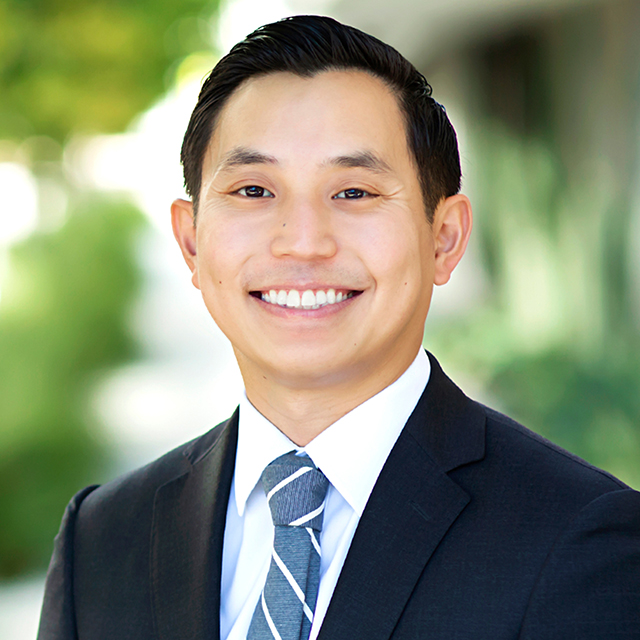What would you do differently, if anything, with an athlete who has already had a couple of concussions?
In general, I think I would emphasize that every concussion is different, so just because a patient felt a certain way with their first concussion doesn't mean the second is going to be the same. A lot of times, people ask, How many is too many? But there isn't a clearly defined number of concussions that's safe or a clearly defined number that becomes more dangerous. It's about shared decision-making and trying to figure out what's best for the athlete.
What are the most common misconceptions about concussions?
Some people still believe you need to lose consciousness to be diagnosed with a concussion, which we know is not true. You don't even have to be hit specifically in the head to be diagnosed with a concussion. It can occur from a blow to the body that transmits a force up to the brain.
And some doctors, unfortunately, still tell their patients to just stay quiet in their rooms until they don't have symptoms. But we know now that promoting early contact-free aerobic activity after the first 48 hours can help facilitate concussion recovery.
Do you know whether any of the preventive measures we've heard about – such as special helmets or modified rules in youth soccer and football – are working?
This is an area that we're actively researching. We know that some rule changes, such as disallowing body checking in adolescent ice hockey, led to big reductions in concussions. Limiting contact practices in American football has also reduced concussions. It makes sense: less exposure, less risk. I should say concussions occur in every sport – football, soccer, lacrosse, ice hockey, rugby – even track, if the athlete falls on one of the hurdles. These freak accidents do happen.
Should athletes and parents worry about concussions when making decisions about sports participation?
All concussions are potentially serious. But kids benefit socially and healthwise from being involved with sports. And if a concussion is diagnosed and treated correctly, most patients recover within a matter of days to weeks. And even if a concussion is diagnosed late or is mistreated at first, most patients who begin appropriate treatment can still fully recover.



































